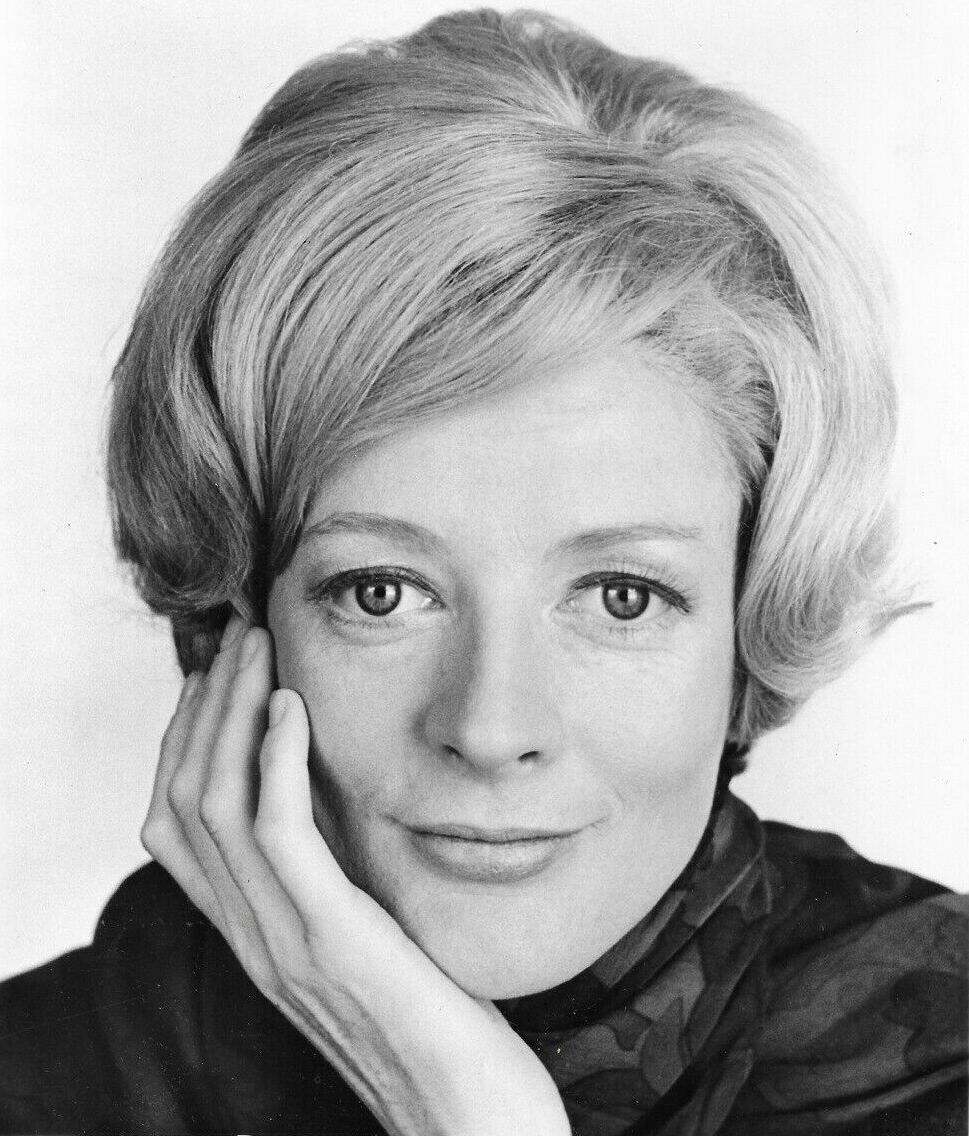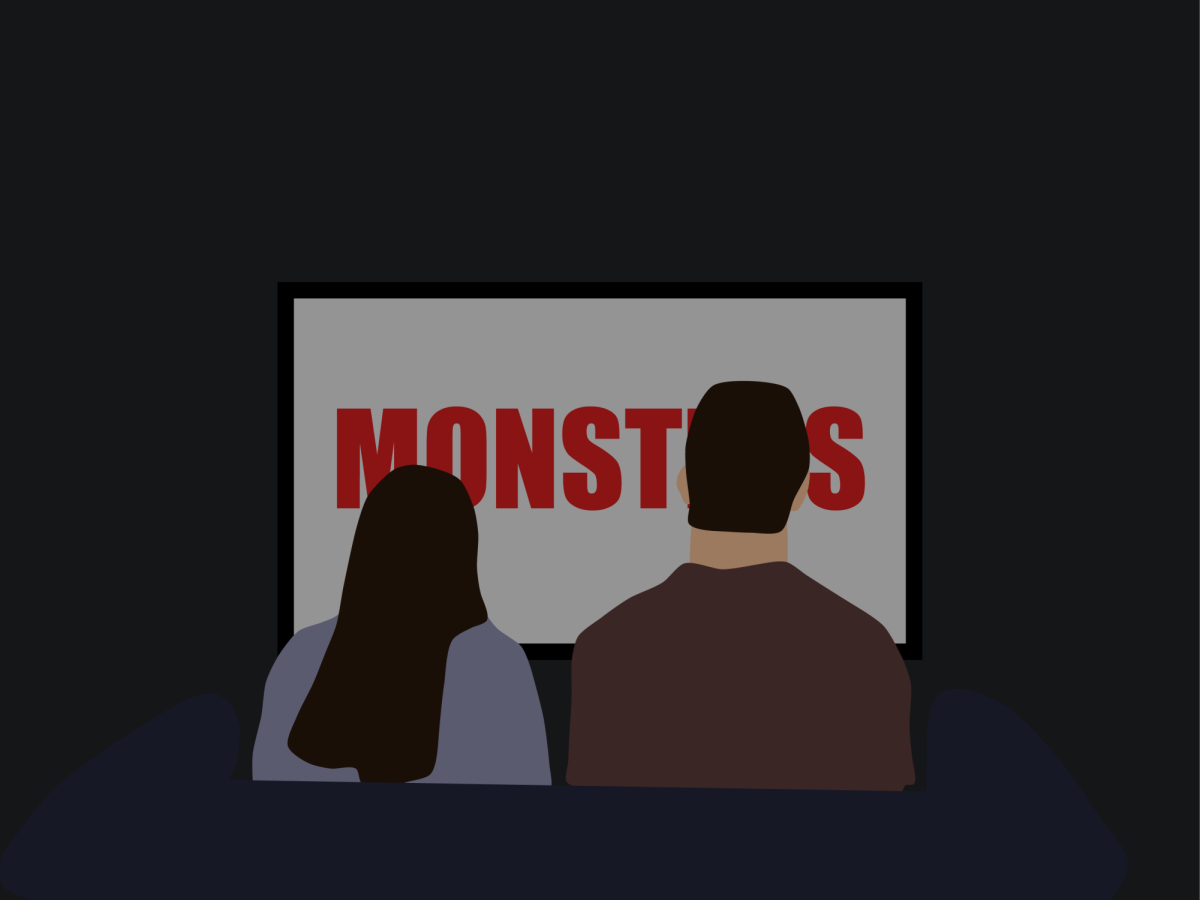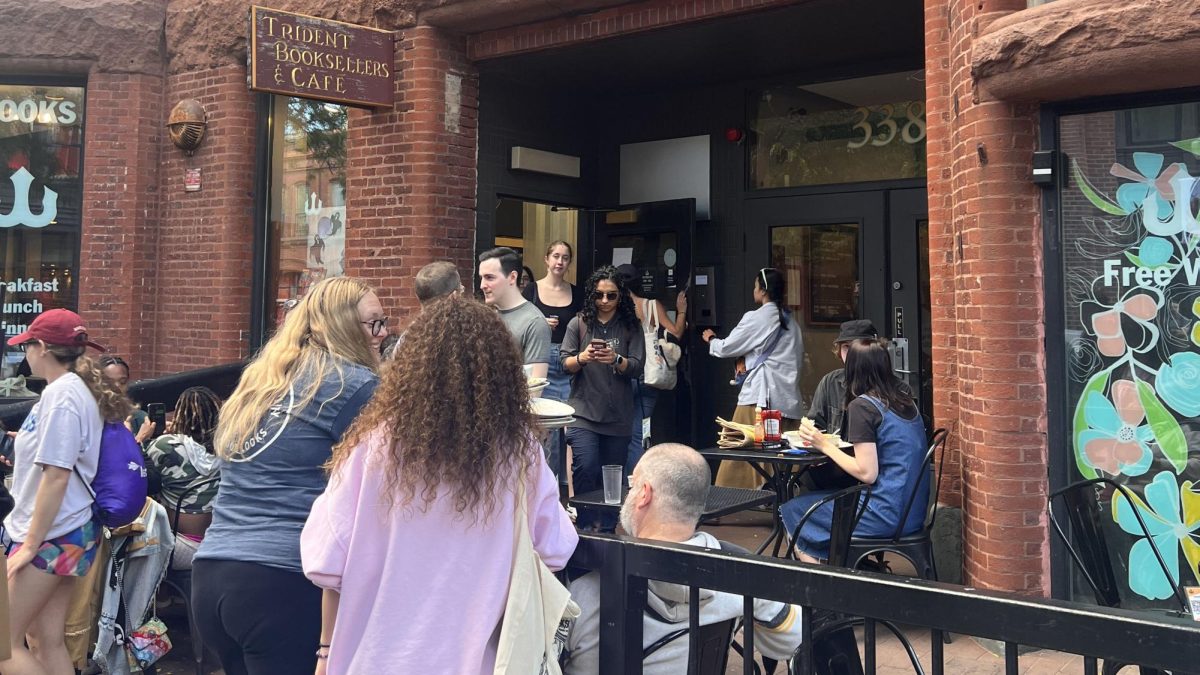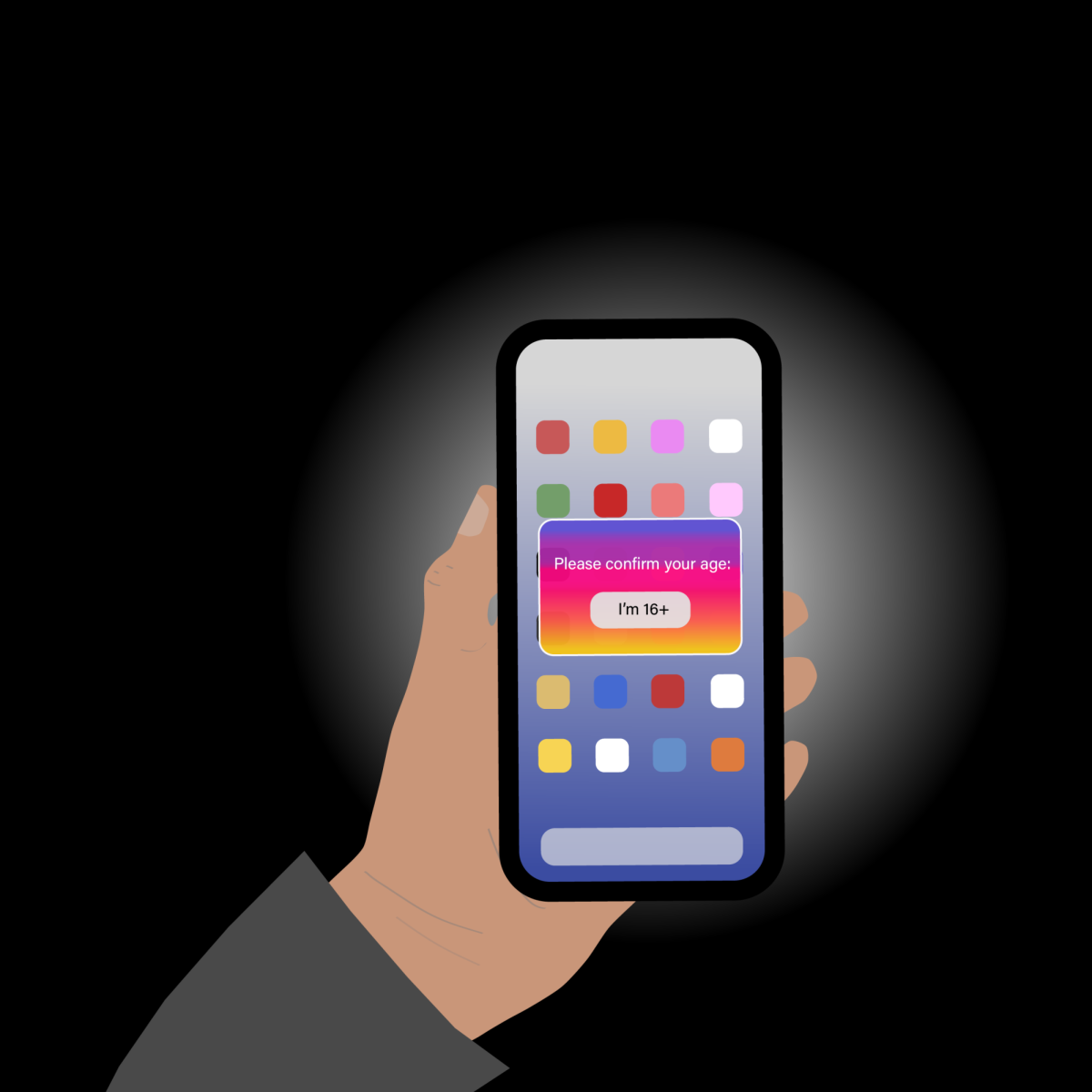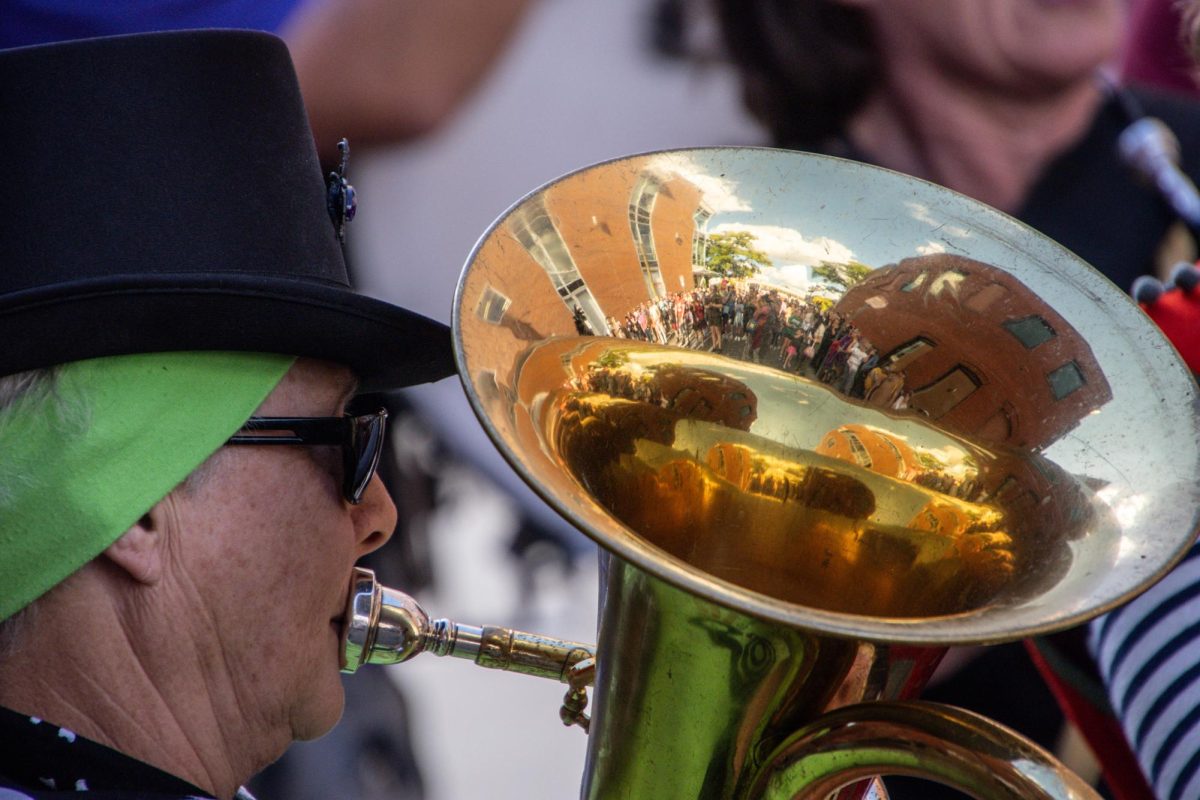
By Brenda Maguire, News Correspondent
The exhibit is very small, quaint and simple. Even though it looks sparse, this is actually the most appropriate way to showcase a Japanese tea ceremony known as chanoyu.
Japan might be a little too far to travel for tea, but Northeastern students can walk a few blocks to experience the culture by learning about Japanese tea customs.
The Museum of Fine Arts (MFA) is housing an exhibit on the preparation and drinking of tea in Japan. “An Unspoken Dialogue with Japanese Tea” is located on the first floor in the Asian wing, and will run until September 2012.
“The unspoken dialogue refers to communication that takes place between host and guest,” curator Anne Nishimura Morse said in an email to The News. “A spiritual communication which takes place through the appreciation of the aesthetics and history of the vessels that the host has chosen.”
The exhibit is small and takes up less than a full room. The cases are separated into a few categories including the meal, sake, and tea.
The exhibition features works from the Edward Sylvester Morse Collection of Japanese ceramics, which the MFA purchased in 1892, Morse said.
“In order to explain the tea tradition we have also borrowed from private collections, such as the set of five 17th food vessels from the John D. Weber Collection, and the contemporary ceramics and baskets from the Mary Ann and Stanley Snider Collection,” Morse said.
First, there is a display case holding Chinese tea bowls and containers. Hosts used their tea bowls and utensils as a way to impress guests. They would take into account what kind of mood they wished to create and what season it was at the time.
“I thought it was interesting that tea is actually a ceremonious thing and there are a lot of things that go into it,” said Brittany Serrano, a third-year pharmacy major. “It’s well thought out. They put a lot of thought into what cups and utensils they would use.”
Another aspect of the tea ceremony was burning incense before a guest came over. The exhibit shows off some of the tools used to burn incense, including an interesting, large burner shaped as a dragon on a boat.
Before tea, there was always a meal served. The meal would consist of mostly vegetables and rice and no meat. Included here are a communal plate and a tiered box.
Between the meal and tea, guests would drink sake. For this, guests would choose their own sake cup, all of which had their own design. The exhibit features a sake tray and ewer, a vase-shaped pitcher.
“I thought it was interesting that the sake was different,” Serrano said. “With the tea the host picked out the cups for tea, but for sake the guests would pick out their own and it showed different things about them, such as how much sake they were able to handle.”
Tea ceremonies are usually held in very small rooms and are generally very simple. The host makes tea and passes it to the first guest. When that guest is finished, the host repeats the process for the next guest, and so forth.
“The central section of the exhibition explains the vessels that are essential for the presentation of tea – the brazier and the kettle (for the boiling of the water), the freshwater container (which stores the water to be boiled), the tea caddy (which holds the powdered tea) and the tea bowl (from which the tea is drunk),” Morse said.
The exhibit also displays a quote from 16th century tea master, Sen no Rikyú, describing chanoyu: “Chanoyu is nothing but this. Boil water, infuse tea, and drink. That is all you need to know.”
In this way, the exhibit mirrors the tea ceremonies. Small and simple, but effective.
The MFA is open Mondays, Tuesdays, Saturdays and Sundays from 10 a.m. to 4:45 p.m. and Wednesday through Friday from 10 a.m. to 9:45 p.m. Admission for Northeastern students is free.


